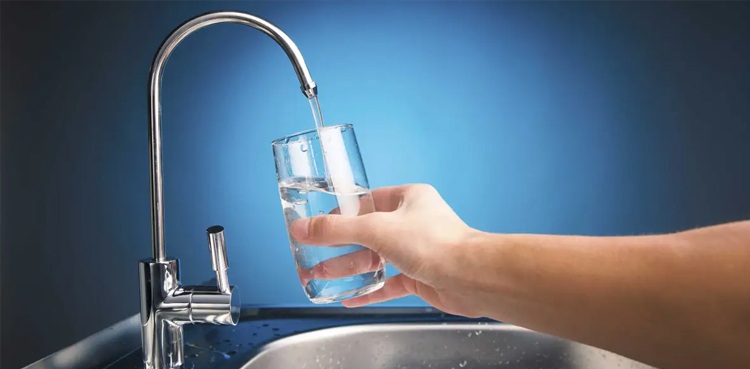More than 2.1 billion people across the globe do not have access to safe drinking water, according to a UN report released on Tuesday.
The UN report revealed that last year, one in every four people worldwide did not have access to safely managed drinking water, while over 100 million relied on rivers, ponds, and streams to meet their daily needs.
The World Health Organization (WHO) and UNICEF noted that billions are falling ill due to inadequate water, sanitation, and hygiene services.
The report stresses the urgent global need to address this crisis, but warns that the outlook for achieving universal access by 2030 remains bleak.
“Water and sanitation are basic human rights, not privileges,” said WHO’s Head of Environment, Rüdiger Krech.
The UN report categorizes drinking water into five types: piped water free from contamination and chemicals; basic water, available within a 30-minute walk; limited water, requiring more time to access; unimproved sources, such as contaminated wells or springs; and surface water from rivers or lakes. Since 2015, around 961 million people have gained access to clean drinking water, raising global coverage from 68% to 74%.
Read more: India releases more water into Sutlej River, flood alert issued
Yet, in 2023, over 2.1 billion people still lacked safe water, including 106 million who depended on surface water—down by 61 million compared to a decade earlier.
According to the report, the number of countries relying on surface water is expected to increase from 142 in 2015 to 154 by 2024.
In contrast, 89 countries are projected to achieve universal access to basic drinking water, while only 31 will ensure access to safe, uncontaminated drinking water. However, 28 countries—mostly in Africa—will continue to see more than one in four people deprived of even basic services.
The report further noted that since 2015, some 1.2 billion people have gained access to safe drinking water in households not shared with others, with proper waste management. Open defecation has declined from 429 million people to 354 million in 2024, representing 4% of the global population.
Since 2015, 1.6 billion people have gained access to basic sanitation services, while household facilities for handwashing with soap and water have improved from 66% to 80%.

Leave a Reply